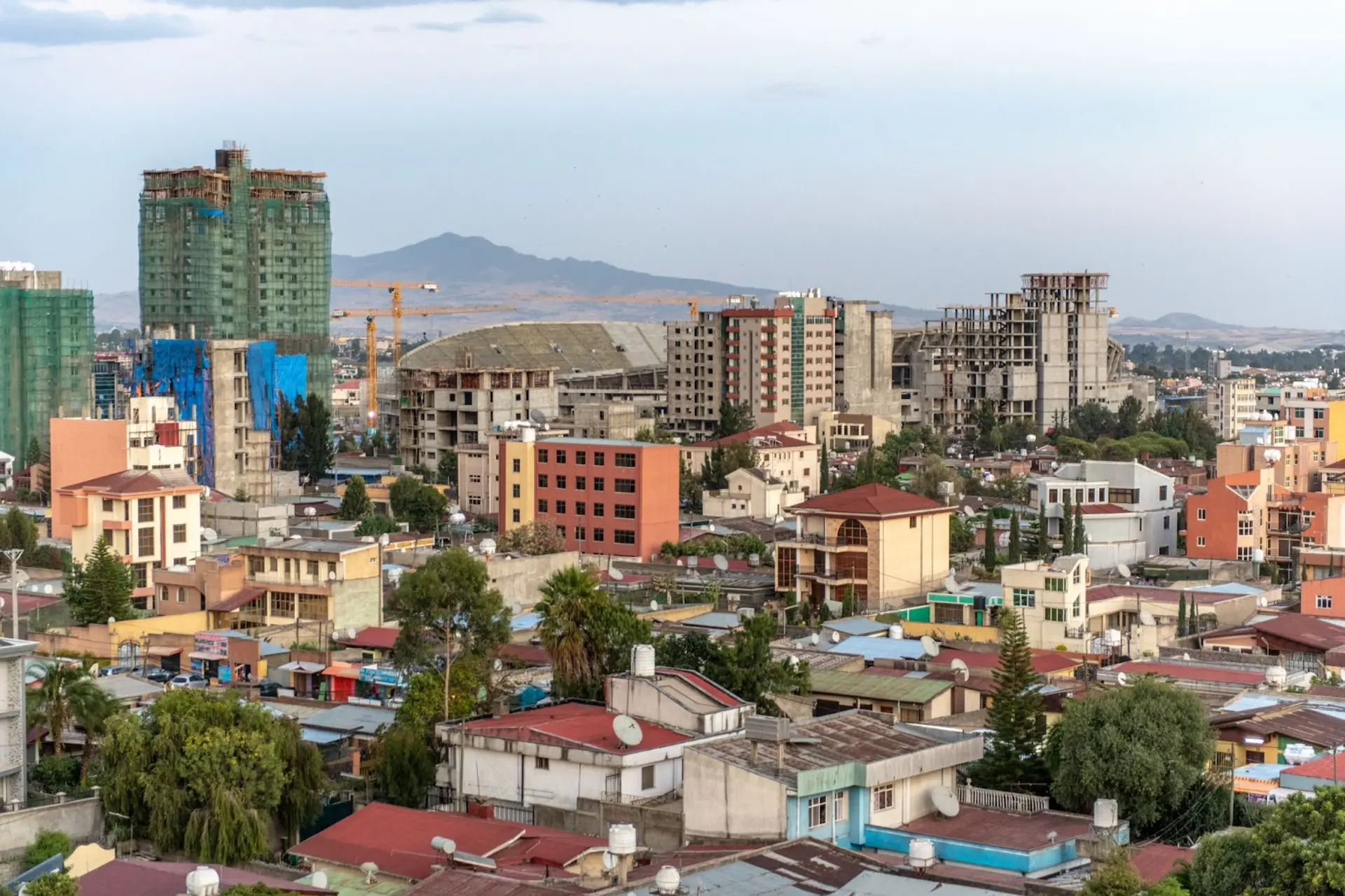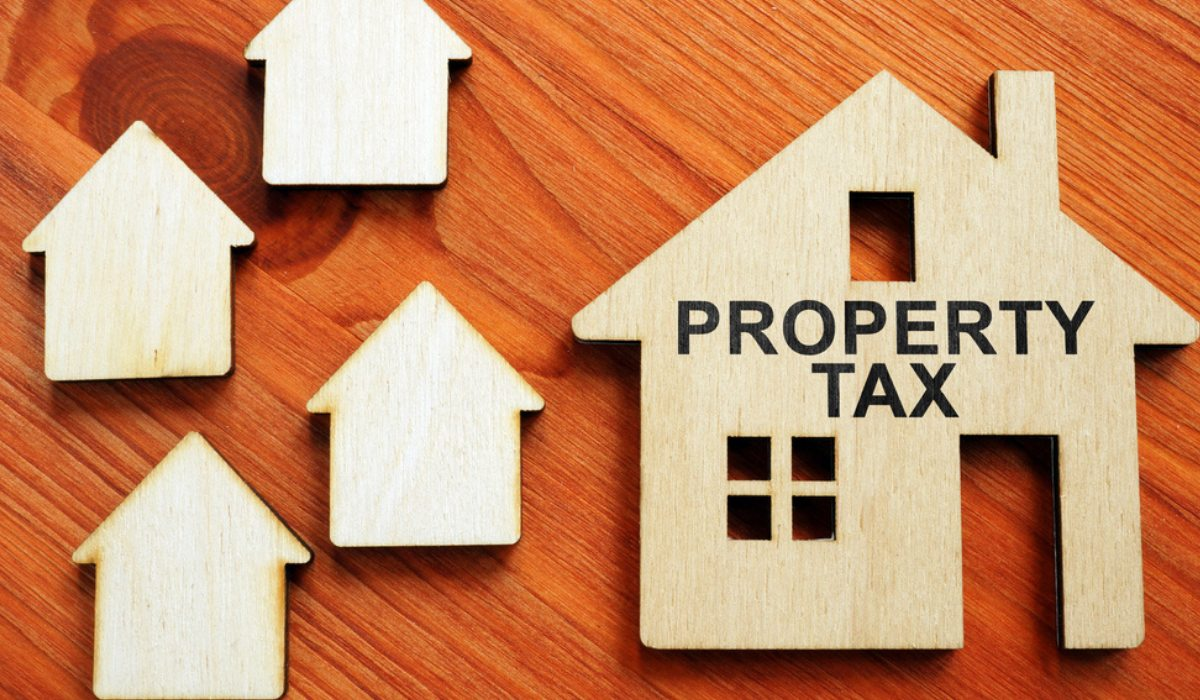Investing in real estate requires careful consideration of market conditions, economic stability, and growth prospects. This article delves into the Ethiopian real estate market, examining the factors that influence property investment decisions. By analyzing the country’s economic growth, fragility index, and rental yields, we aim to provide insights into whether 2024 is an opportune time to invest in real estate in Ethiopia.
Fragility Index and Political Stability:
Ethiopia’s fragility index, a key indicator of political stability and economic resilience, currently stands at 99.3, signaling significant challenges and vulnerabilities within the country. Widespread poverty, food insecurity, and political instability have contributed to Ethiopia’s fragile state, impacting its ability to respond to external shocks and maintain stability. These negative signals raise concerns for potential real estate investors, highlighting the importance of assessing the country’s political environment before making investment decisions.
Economic Growth and Growth Projections:
Despite its fragility index, Ethiopia is poised for significant economic expansion in 2024, with a projected growth rate of 6.4%. The country’s rapid advancement and anticipated GDP surge of 29.4% in the coming five years offer enticing prospects for investors. Ethiopia’s burgeoning population and burgeoning economy drive a burgeoning demand for real estate, rendering it an appealing investment avenue for those keen on leveraging the nation’s developmental trajectory. However, investors should exercise due diligence and adaptability, considering the dynamic socio-political landscape and potential risks inherent in emerging markets. By aligning with Ethiopia’s growth momentum and navigating its evolving economic landscape, investors can capitalize on the abundant opportunities presented by the country’s burgeoning real estate sector.
Rental Yields and Investment Climate:
Rental properties in Ethiopia boast attractive gross rental yields spanning from 10.0% to 12.7%, showcasing promising returns for property investors. Yet, while these high yields are enticing, the investment landscape must foster a conducive environment for steady rental income streams. Factors like political volatility, economic fluctuations, and inflation projections can influence tenants’ capacity to maintain rental payments, potentially impacting the profitability of property investments. Therefore, while the allure of substantial rental yields is undeniable, prudent investors must carefully assess the broader economic and political context to mitigate risks and ensure sustainable returns on their investments in Ethiopia’s rental market.
Conclusion:
The Ethiopian real estate market in 2024 presents a complex landscape for potential investors. While the country’s projected economic growth and high rental yields offer promising opportunities, the prevailing fragility index and political challenges raise significant concerns. The fragile state of Ethiopia, characterized by political tensions and societal challenges, poses risks that can impact the stability and profitability of real estate investments. Considering the delicate balance between positive growth projections and negative signals, cautious evaluation and thorough risk assessment are essential before making any investment decisions in the Ethiopian real estate market in 2024.




